Is Steam evil?
Is an evil Steam the worst thing that could happen to PC gamers?
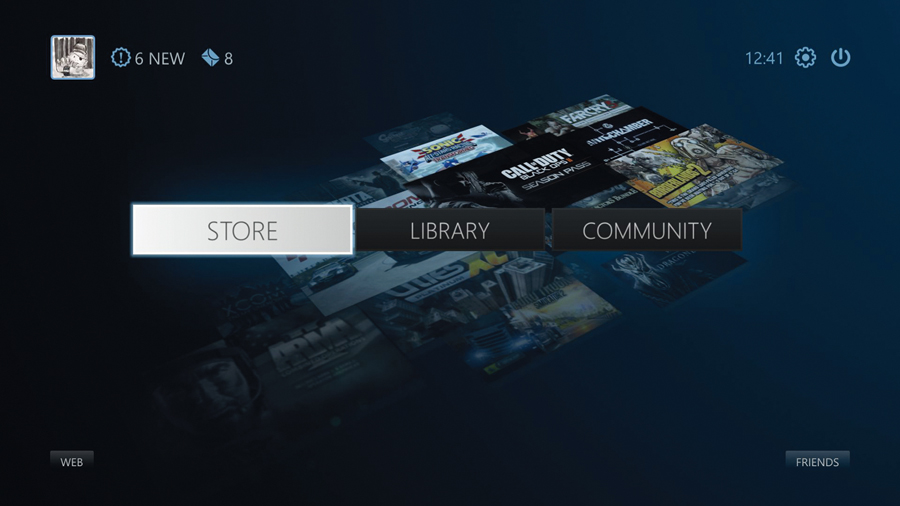
I'm warming my hands over the fire made from the last of my furniture when my phone bings. It's an assignment! From my favourite editor! Starvation allayed for another day!
Yet my face falls as I read it: "Prove Steam is evil." My penury means I can't refuse it but... it's mad. Everyone knows Valve is the good guy. No one in their right mind could call Valve evil.
We've talked to many members of the company over the years and they're a singular mix of high-achievers dedicated to making the best possible games they can. Most developers I contacted refused to even contemplate the idea of Valve being evil. It's both unthinkably wrong and commercial suicide.
Dan Marshall, developer of cult classic Time Gentlemen, Please! and forthcoming heist caper The Swindle, explained why:
"The first problem with any argument that Steam's evil is, as anyone who has ever worked with Valve will tell you, that they're all thoroughly pleasant people who are genuinely striving to create something good.
"It's not just about good people doing a good job - it's more than that. There's a feeling of ethos that they're all trying to make something amazing, and empowering devs and gamers alike however they can. They'll tell you about the systems they're putting in place, and they'll explain why. They'll help you however they can. No, Steam's going to live or die by how popular it is. If it suddenly starts making a load of bum moves and doesn't do anything to rectify them, people will shift elsewhere. But the people I've worked with just wouldn't let that happen."
But what if there's something in my editor's mad contrariness? What if Steam, personified in its owner Valve, is evil? Or at least, could be one day? How would such a company function? How would it affect us, the gamers? What would change? Is an evil Steam the worst thing that could happen to PC gamers?
Sign up for breaking news, reviews, opinion, top tech deals, and more.
We've tried to answer that in this article and supplied three alternate dystopias for PC gamers, if a Steam teeming with fire-eyed demons proves too ridiculous.
Why Valve is good
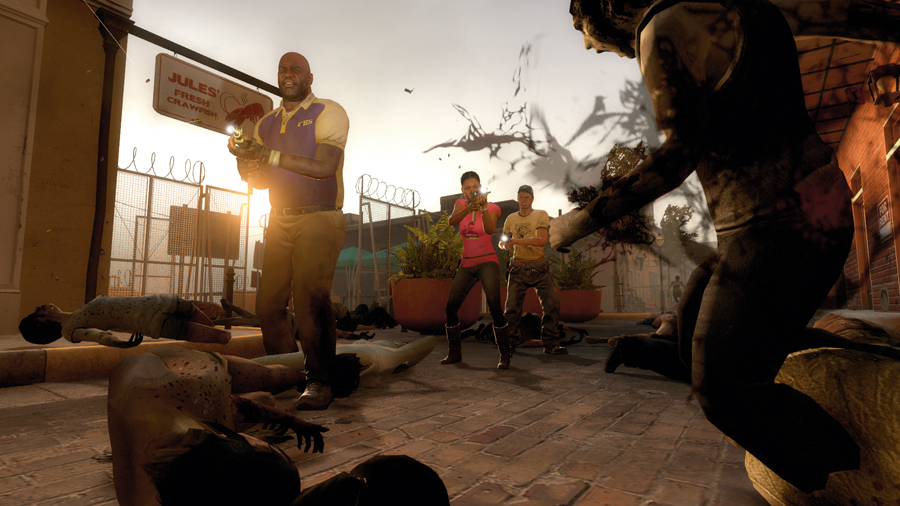
Google famously chose as its corporate slogan "Don't be evil" and struggled to live up to it. Valve, back when it was just a nobody developer, chose the slightly less catchy "Open your mind. Open your eyes."
Despite this mealy-mouthed aphorism, Valve has been the more generous corporation over the years, creating and popularising the digital distribution model for selling games, making it as egalitarian as it could, and creating endless new ways to improve it.
Recently, after an uncommunicative hiatus, the signs are that Valve is attempting to live up to its slogan, pushing new forms of input and output to make games more exciting, innovating where the console manufacturers aren't, looking forward while others look backwards, and making the PC its platform rather than Microsoft's.
The biggest change we could see to the gaming ecosystem would be if Valve, the company that owns the world's most effective digital distribution service, started acting as a real corporation, rather than a benevolent dictatorship as it does today.
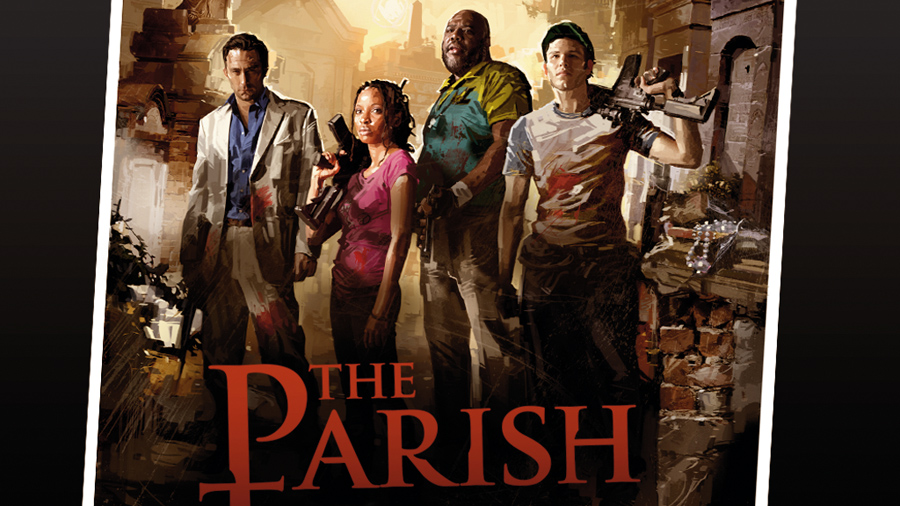
It's odd to think that most people in the world take 'behaving like an efficient corporation' to mean the same as 'evil', but that's reflective of most people's experience of profit-gouging corporations.
Whether it's horse meat in your crispy pancakes, train tickets increasing 200 per cent since privatisation, or the dangerous and expensive lie that is the global nuclear industry, people are used to being screwed by big companies.
So imagine how Valve might be run if it was owned by someone else, say a Microsoft or an EA. Imagine unnecessary updates like Windows 8, feature creep, everything being charged for, thriving but unprofitable servers being switched off, and monopolistic behaviour with cross-promoted applications.
Playing Monopoly
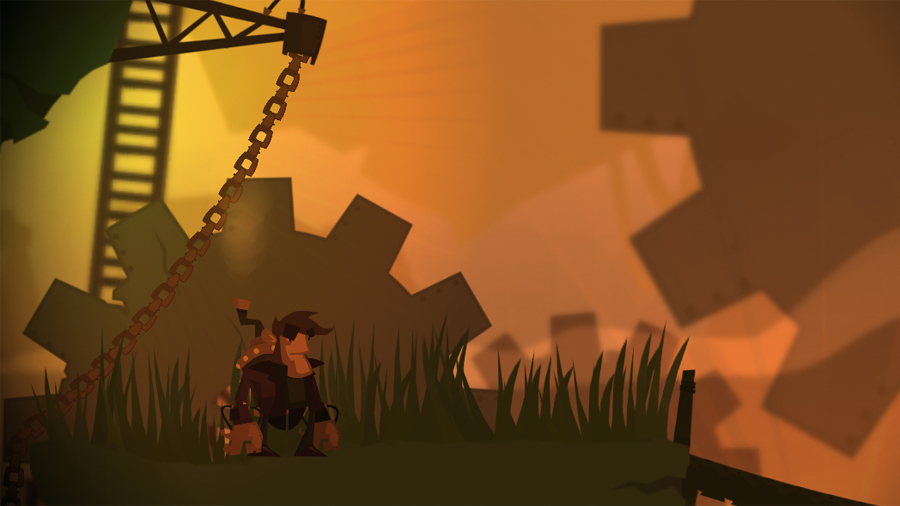
Yet, looking at the games market today, one does have to worry that it's becoming a series of walled gardens - Apple, Sony and Microsoft all have tremendous controls over their sales fora. On PC, the other major digital retailers sell nowhere near the number of games that Valve does, and Steam is turning the PC into Valve's own walled garden.
The company has a virtual monopoly on the discoverability and community aspects of gaming, such as social networks, gifting, modding, multiplayer and promotion. Having this much power concentrated in one spot can't be good for the consumer, can it?
These intimations of Valve becoming a monopoly don't worry Marshall. "Having a monopoly isn't necessarily a bad thing - when all the systems at play work well together, a monopoly can be pretty damned useful for the end user. If I organise a meeting over Gmail, it's automatically put into my Google Calendar, and my Nexus 7 tells me what the weather's going to be like when I get there. It's brilliant! Anyone who's tried to use iTunes on Windows can tell you that having more than one set of fingers jabbing at a service can really mess it up."
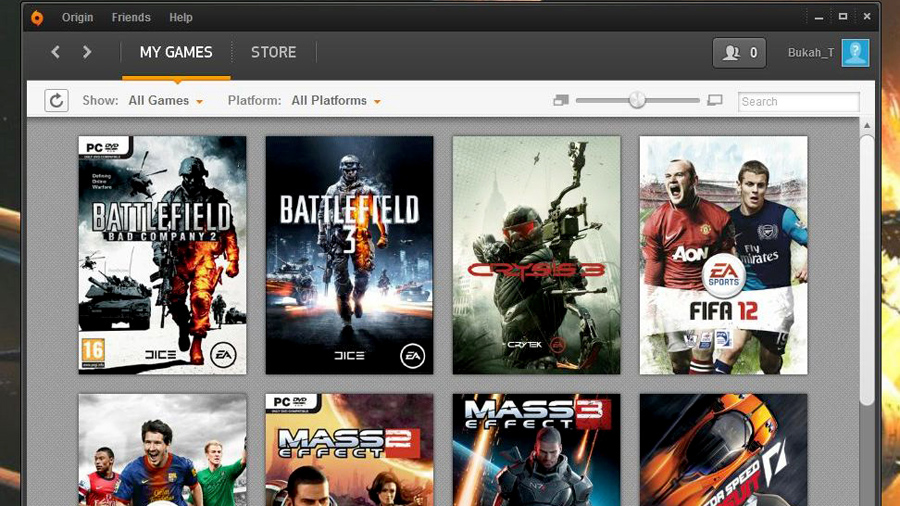
Similarly, anyone trying to construct a replacement Steam will understand why one company controlling everything isn't always a bad thing. Admittedly, Valve doesn't quite have a monopoly over the PC gaming market, but it's very close.
To have a real monopoly a company needs to control the price of its products, and it needs to have a significant, relevant market share so that consumers have no choice but to buy its product. Regarding market share, anecdotal evidence from developers has Steam selling more than 10 times the rest of digital retail put together. Yet consumers are still price-mobile; if they find a game cheaper elsewhere than it is on Steam (such as a developer's own site), they can buy it there.
However, consumers mostly don't as the other facets of Steam - community, fast downloads, auto-patching, mods, easy DLC and so on - mean a discount isn't as valuable as it seems relative to the functionality that's been lost. Moreover, games are often cheaper on Steam - especially older ones.
So Steam has pretty near 100 per cent of the market for PC gamers, but is it controlling prices? No, it's not. As far as we can tell, it takes a percentage of all revenues, altered depending on the developer's leverage - Activision gives less, an indie would give more.
The price is set by the developer or publisher of the game, unlike, say Microsoft's XBLA with its set price points ($5, $10 or $20), or Amazon, which once forced certain developers to give their apps away for free on its marketplace.
Valve itself says: "Pricing is very title specific, and we've got a lot of data and experience to help you decide on what the best price is for your title. We'll work with you to figure out pricing." This means we can't classify Steam as a monopoly until it has price controls. Is there really a threat here?
On the next page: what if Gabe Newell leaves?